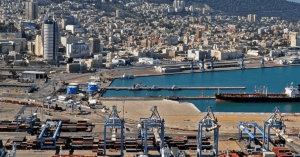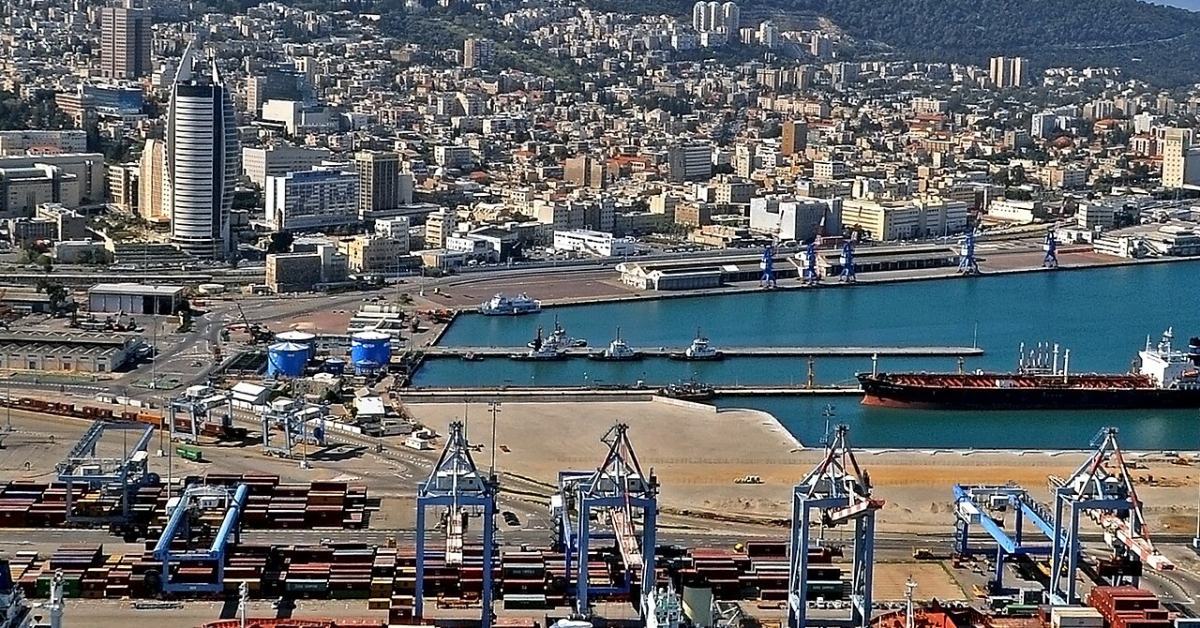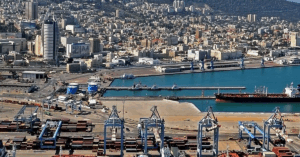
Norway Launches First Floating Wind Tender With $3.3 Bln In Subsidies
May 20, 2025
Russia Releases Greek-Owned Tanker After Detention In Baltic Waters
May 20, 2025

The Yemeni Houthis announced on May 19 that they will begin enforcing a naval blockade on the Israeli port of Haifa in response to Israel’s intensifying military campaign in Gaza.
The group warned that all ships heading to or connected with Haifa will now be treated as targets, increasing risks for international shipping through the Red Sea and beyond.
The announcement followed rising tensions as Israeli Prime Minister Benjamin Netanyahu declared that Israel would take full control of Gaza.
In response, the Houthi military spokesperson Yahya Saree stated that the group would begin efforts to enforce a blockade on Haifa, Israel’s largest port. He added that the port has now been officially included in their “target bank.”
According to Saree, the move is in retaliation for what the group described as Israel’s growing aggression in Gaza and against the Yemeni people. The Houthis said attacks on Israeli-linked entities would stop only when the war in Gaza ends and the blockade on the region is lifted.
In a separate statement, Houthi spokesman Ahmed Salah, representing the group’s Red Sea communications center, explained that a “long-distance naval blockade” on Haifa would begin immediately.
Salah said all vessels are prohibited from loading or unloading at the port and that shipowners operating there would face sanctions. Other Israeli ports like Ashdod and Eilat were not mentioned in the blockade and do not appear to be affected at this stage.
The Houthis emphasised that any shipping company with vessels traveling to Haifa, or even indirectly connected, will be considered for sanctions. If a company is placed on their sanctions list, the Houthis warned that its entire fleet would be banned from entering the Red Sea, Bab al-Mandab Strait, Gulf of Aden, Arabian Sea, and Indian Ocean. Furthermore, these fleets could be actively targeted by Houthi forces wherever they can be reached.
While the Houthis lack the military power to impose a direct naval blockade in the Eastern Mediterranean, they hold control over key waters near Yemen. Ships using the Suez Canal must pass through these areas, putting them at risk.
Despite a wave of U.S. airstrikes in March and Apri, the group continues to maintain the strength to launch drone and missile attacks on vessels passing by Yemen.
This new threat adds to the growing risk for international shipping in the region. The Houthis have previously attacked vessels they claimed had links to Israel.
However, many ships targeted by them had no confirmed Israeli ties, and in some cases, they mistakenly struck vessels associated with their own allies. This has left shipping companies concerned that any vessel might be labeled “Israeli-linked” and come under attack.
The Houthis paused their attacks during a two-month ceasefire earlier this year. However, the truce broke in March, and the group restarted its threats against global shipping in response to Israel’s aid blockade on Gaza.
In return, the U.S. military began launching almost daily airstrikes from March 15 to target possible threats to ships in the Red Sea and Gulf of Aden.
Earlier this month, the Houthis reached a ceasefire agreement with the United States. Despite that, the group declared that it would continue to act against Israel.
On May 16, Israeli forces carried out airstrikes on two ports under Houthi control. Following the attacks, Israel’s Defense Minister, Yoav Gallant, warned that if Houthi missile attacks continue, the group’s leaders could face the same consequences as Hamas officials who were killed during Israel’s campaign in Gaza.
References: alarabiya, straitstimes
Source: Maritime Shipping News


